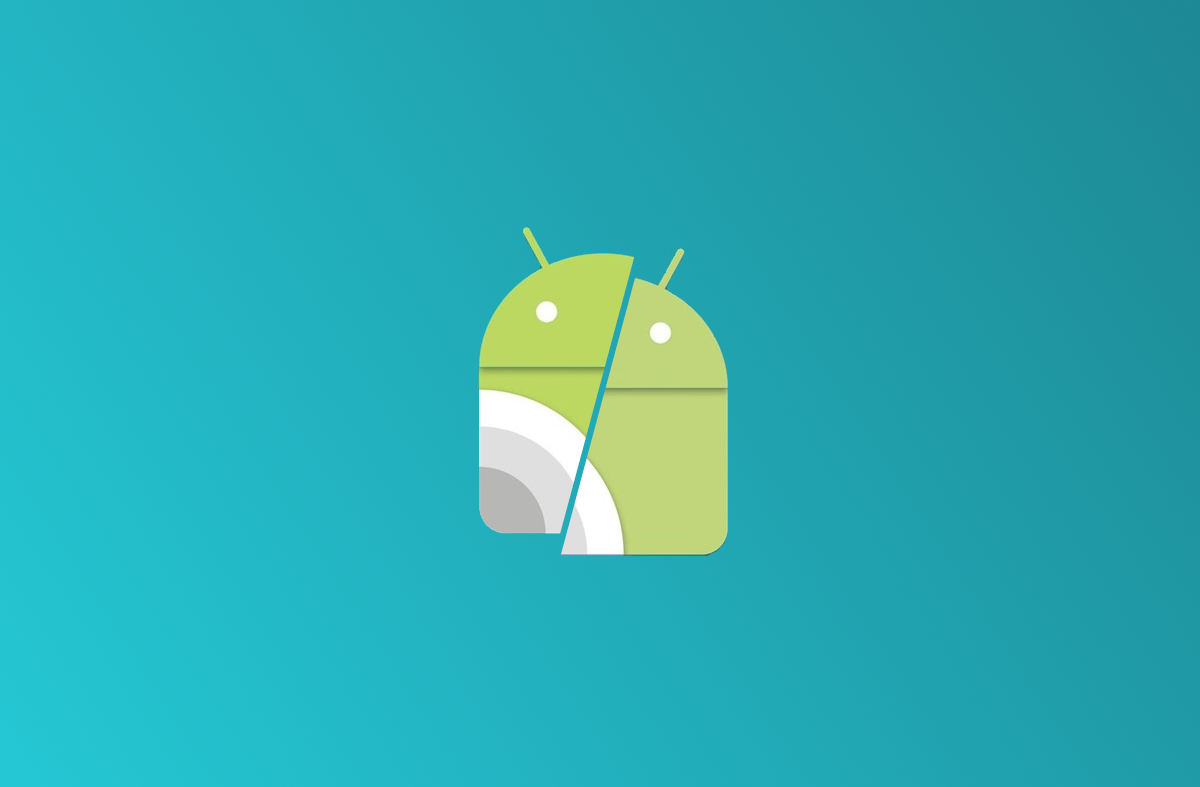After making its debut a little over a decade ago, Android Beam may finally be laid to rest with the release of Android 14. It was only a matter of time before the feature would be removed, as it had already been deprecated with Android 10. While this might not be a big deal, there are underlying issues with this move, mainly having to do with Google and its relationship with Android.
For those unfamiliar, Android Beam allowed users to connect two devices to start a data transfer easily. The feature would be initiated by touching two devices that had both NFC and Android 4.0. Once the process was initialized, files could be transferred over Wi-Fi or Bluetooth. This process could also be used to transfer smaller items like browser pages, contact information, map information, and more. The best part of this feature was that you did not have to set up a connection in advance. As long as you had NFC and Android Beam enabled, the process would work seamlessly with supported devices.
With data transfers still in their infancy when Android Beam was introduced, this was a simple and elegant solution when wanting to share files or data with someone. But it didn't really catch any traction and as time passed, better technologies emerged that made it easier to send files and data to other devices, making Android Beam obsolete.
So how could this relic from the past affect those in the present? For starters, removing this feature isn't too much of an issue because there are alternatives in many forms, with Google's Nearby Share getting the traction that Android Beam never received. But with its removal, Google has taken something away from the Android Open Source Project (AOSP) and "replaced" it with a closed source proprietary alternative.
Android has and most likely always will be open source. But over time, Google has slowly created an ecosystem on top of AOSP with its Google Mobile Services (GMS) and Google Play Services. Unfortunately, these have become necessities for most, and it is proprietary, with nearly all manufacturers complying with Google's terms to have these services available on their products. So while Android is an open source project, it seems even more closed off than ever as we inch towards newer versions of Android.
Source: Mishaal Rahman (Twitter)

